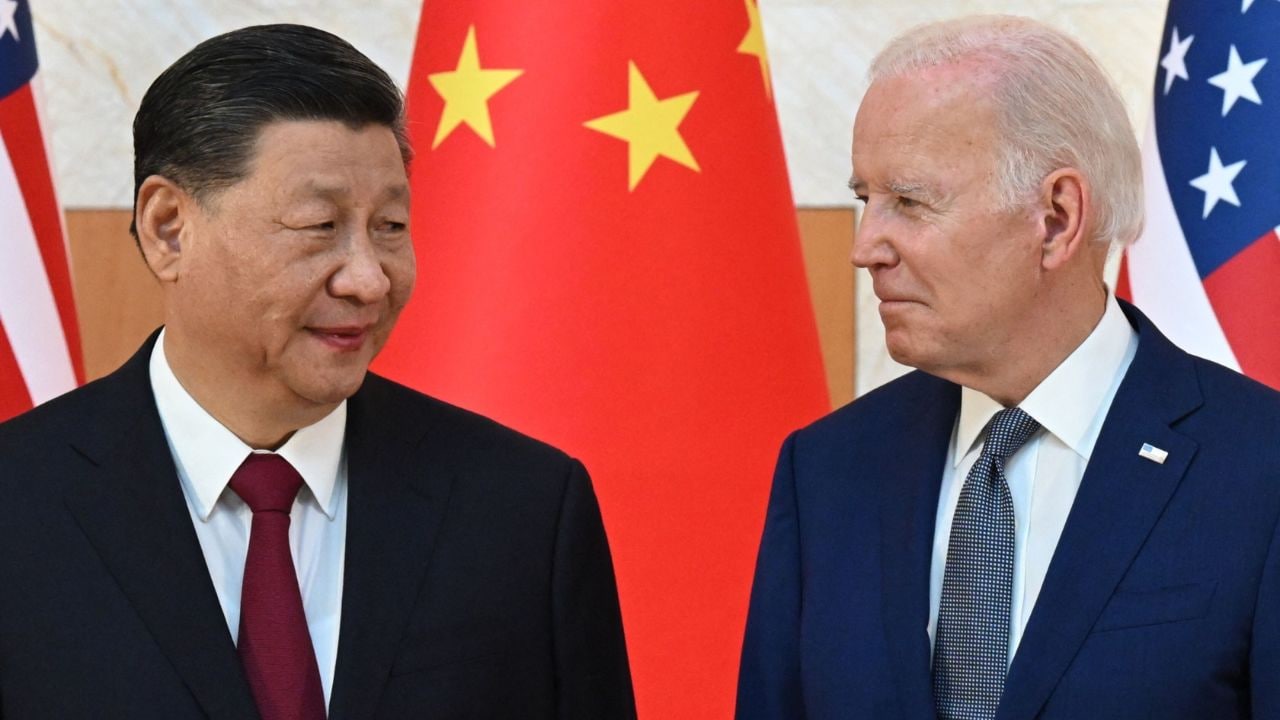
Happy Monday! Swiggy and Zomato are constantly broadening their platter of offerings. This and more in today’s ETtech Morning Dispatch. Also in the letter: ■ Beauty brands’ quick revival ■ Equal’s fresh funding ■ AI sparks IT revival What’s cooking at Swiggy, Zomato? New business recipes India's top food delivery apps Swiggy and Zomato are rapidly moving beyond core services to capture new markets .
Driving the news: Swiggy is set to pilot Yello, a marketplace for professionals like lawyers and fitness trainers, therapists and dieticians. It is also testing Rare, a premium membership offering access to exclusive high-end sporting events and VIP hospitality. Tell me more: Zomato's Rs 2,048-crore acquisition of Paytm Insider was a big step by the Gurgaon-based company to enhance its going-out business, which will become its third biggest consumer vertical.
Watch Deepinder Goyal speak at The Economic Times Startup Awards 2024 Zoom out: Both Swiggy and Zomato have taken a varied approach to their diversification strategies. While Swiggy is developing a superapp of sorts housing all its different services under a single app, Zomato is building separate brands such as Blinkit, Hyperpure and District. The bottom line: With food delivery growth nearing saturation, both platforms are betting on diversification not only to stay competitive but to further scale their size and snag a bigger slice of the consumption market.
Also Read: Zomato launches new feature, Food Rescue, to reduce food wastage To AI or not to AI, that’s the question for academic book publishers here As content licensing deals with Gen AI companies gain traction, academic book publishers find themselves in a dilemma : ‘Are we be making a deal with the devil?’ Rights dilemma: Licensing may seem like fair compensation for using authored material to train AI models, but experts argue it might not be a lasting solution, as trained models can autonomously generate new content, complicating authorship rights. Expert take: “These Generative AI companies, buoyed by their financial might and technological prowess, must recognise that creative works of authorship cannot be treated as mere data points for their algorithms and these works deserve utmost respect and protection both in the legal and financial realm,” said Pranav Gupta, Secretary General, The Indian Reprographic Rights Organization (IRRO), which represents 113 global and Indian publishing houses. Current situation: Publishers are embracing Gen AI for extra revenue, with UK-based Wiley securing $44 million in deals earlier this year.
The US Copyright Clearance Center (CCC) has added AI rights to its Annual License, letting subscribers use copyrighted material in AI systems for internal use only. Beauty companies in dull phase find quick fix to glow up A slew of beauty and personal care brands are turning to the buzzing quick commerce channel in a bid to revive the trend of declining growth in the past year, multiple industry executives told us. Fading glow: Mumbai-based Plum Goodness reported a 22% year-on-year revenue increase in FY24, down from 71% in FY23, reaching Rs 327 crore with expenses rising at a similar rate.
Mamaearth-parent Honasa Consumer, which went public last year , saw 29% topline growth in FY24, a drop from 58% growth in FY23. Wow Skin Science saw revenue declines for the second consecutive year in FY24. Nykaa’s BPC segment gross merchandise value (GMV) grew 25% year-on-year in FY24, down from 32% growth the previous year.
Purplle, which more than doubled revenue in FY23, reported a 43% growth in scale for FY24 . Also Read: Rapid growth of quick commerce fuels wave of 'enabler' tech startups Glam rush: With multiple new brands cropping up in the market, ecommerce marketplaces have become saturated, limiting growth opportunities. This has encouraged brands to explore avenues such as quick commerce and offline expansion, targeting a broader customer base, Satish Meena, an ecommerce analyst and advisor at Datum Intelligence told us.
ID verification company Equal bags $10 million in first institutional raise Rajeev Ranjan (left) and Keshav Reddy, founders, Equal Hyderabad-based identity verification startup Equal has secured $10 million (about Rs 84 crore) in its first institutional fundraising, led by Prosus Ventures, Tomales Bay Capital and its founder Keshav Reddy. Driving the news: Equal is building a platform that helps businesses streamline their know your customer (KYC) processes and prevent fraud, thereby assisting in regulatory compliance through integration with about 50 identity databases. After the round, the startup has hit a valuation of $80 million, the company said in a statement.
Also Read | GVK Group scion Keshav Reddy invests in account aggregator platform One Money Other Top Stories By Our Reporters IT spending revives on AI, BFSI gets growth and hiring surges: After witnessing a hazy macro environment for five straight quarters, India-centric IT services firms saw green shoots in the first quarter of this fiscal. While experts were still uncertain about the continuity of tech spending, Q2 (July to September) earnings belied the doubts of the naysayers. ‘India has become an AI hub for startups’: American investment banks are in talks with Indian startups to collaborate and leverage artificial intelligence (AI)-based solutions.
According to Sal Cucchiara, chief information officer for wealth & investment management technology, Morgan Stanley, the growth process of startups in the country has come along impressively. Global Picks We Are Reading ■ Why it is too soon to call the hype on AI’s productivity promise ( FT ) ■ After Trump's Victory, the 4B Movement Is Spreading Across TikTok ( Wired ) ■ The legal showdown that could reshape online shopping in Argentina ( Rest of World ).














